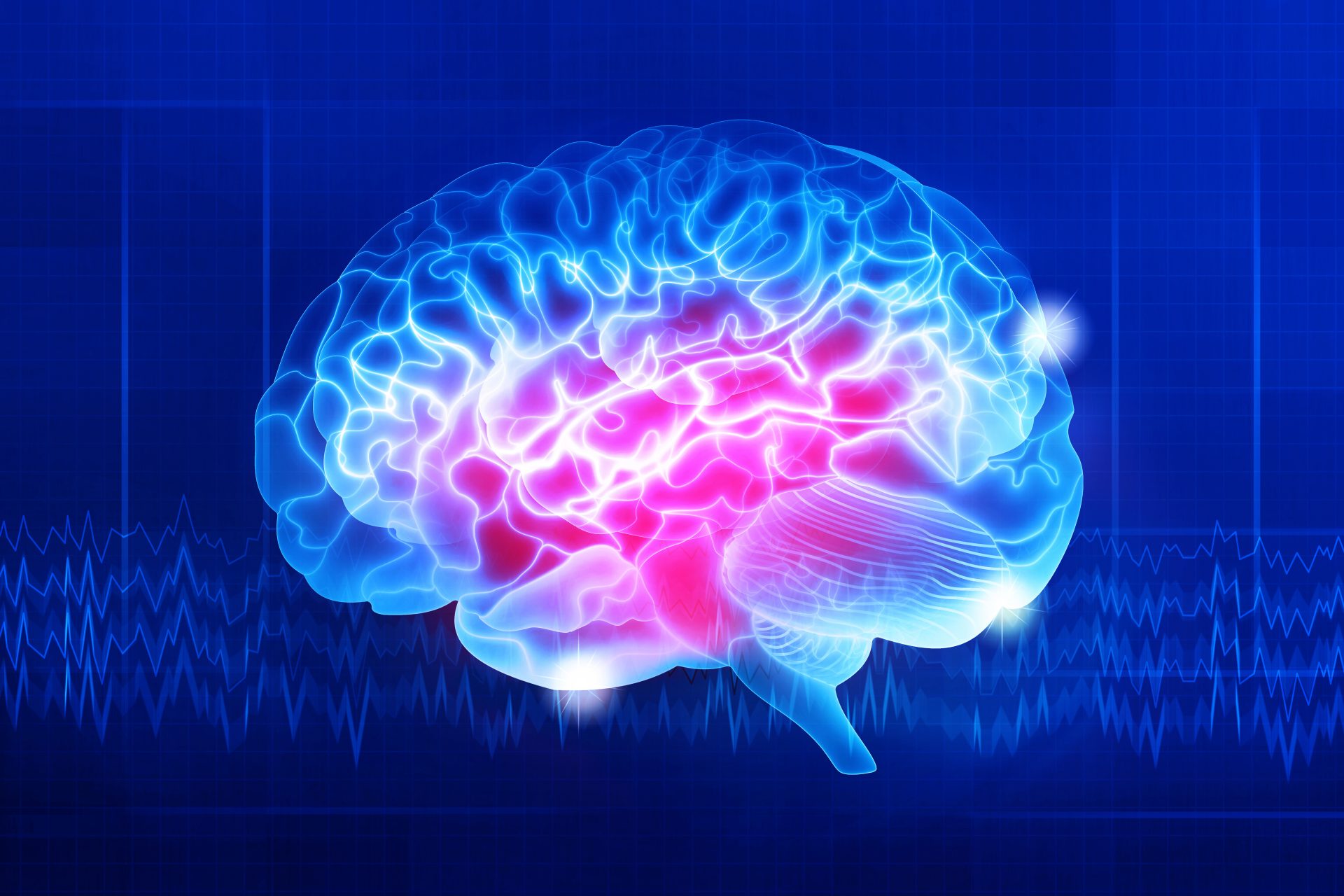Functional Neurosurgery: Advancements in Treating Movement Disorders, Chronic Pain, Epilepsy, and Psychiatric Diseases
Functional neurosurgery is a specialized field that focuses on treating various neurological disorders through surgical interventions. With advancements in technology and techniques, functional neurosurgery has become a promising option for patients suffering from movement disorders, chronic pain, epilepsy, and psychiatric diseases.
One renowned expert in this field is Dr. Vikas Bhardwaj, who practices at AINS (Apex Institute of Neuro Spine), a leading hospital known for its expertise in neurosurgical treatments.
Indications for Functional Neurosurgery
Functional neurosurgery is typically recommended for patients who have not responded well to conventional treatments or medications. Some of the common indications for functional neurosurgery include:
Movement Disorders: Quality of life can be severely impacted by movement disorders such as Parkinson's disease, essential tremors, and dystonia. Functional neurosurgery techniques like deep brain stimulation (DBS) and stereotactic ablation can help alleviate the symptoms of these movement disorders by modulating abnormal neural activity in specific brain regions.
Chronic Pain: Chronic pain conditions like trigeminal neuralgia, failed back surgery syndrome, and complex regional pain syndrome can be debilitating and difficult to manage with traditional pain management approaches. Functional neurosurgery techniques like spinal cord stimulation (SCS) and dorsal root ganglion (DRG) stimulation can provide relief from chronic pain by modulating the neural signals that transmit pain sensations.
Epilepsy: Epilepsy is a neurological disorder characterized by recurrent seizures that can significantly impact a person's daily life. Functional neurosurgery techniques like vagus nerve stimulation (VNS), responsive neurostimulation (RNS), and laser interstitial thermal therapy (LITT) can help control seizures and improve the quality of life for patients with epilepsy who do not respond to medications.
Psychiatric Diseases: Functional neurosurgery is also being explored as a treatment option for certain psychiatric diseases such as obsessive-compulsive disorder (OCD), major depressive disorder (MDD), and Tourette syndrome. Techniques like deep brain stimulation (DBS) and gamma knife radiosurgery (GKRS) are being used to modulate neural activity in specific brain regions to alleviate symptoms of psychiatric diseases in select patients.
Advancements in Functional Neurosurgery
Functional neurosurgery has witnessed significant advancements in recent years, making it a viable treatment option for patients with various neurological disorders. Some of the notable improvements include:
Image-guided Techniques: Image-guided techniques like stereotactic navigation and intraoperative MRI have revolutionized functional neurosurgery by enabling precise targeting of specific brain regions. These techniques provide real-time feedback to neurosurgeons during surgery, allowing for improved accuracy and safety.
Minimally Invasive Approaches: Minimally invasive techniques such as laser interstitial thermal therapy (LITT) and gamma knife radiosurgery (GKRS) have reduced the need for open brain surgeries, resulting in faster recovery times, fewer complications, and shorter hospital stays for patients.
Neuromodulation Technologies: Neuromodulation technologies like deep brain stimulation (DBS), spinal cord stimulation (SCS), and vagus nerve stimulation (VNS) have advanced significantly, offering more precise and customizable treatment options for patients with movement disorders, chronic pain, epilepsy, and psychiatric diseases.
Conclusion
Functional neurosurgery has emerged as a promising option for patients suffering from various neurological disorders who have not responded well to conventional treatments. With advancements in technology and techniques, functional neurosurgery has become safer, more precise, and less invasive, resulting in improved patient outcomes. Dr. Vikas Bhardwaj, a renowned expert in functional neurosurgery, and AINS (Apex Institute of Neuro Spine), a leading hospital with expertise in neurosurgical treatments, are at the forefront of utilizing these advancements to provide cutting-edge care to patients.
Functional neurosurgery has shown significant success in improving the quality of life for patients suffering from movement disorders, chronic pain, epilepsy, and psychiatric diseases.
By modulating neural activity in specific brain regions or nerves, functional neurosurgery techniques have the potential to provide long-term relief and symptom management for patients who have not responded well to other treatments.
FAQs (Frequently Asked Questions)
Q: Is functional neurosurgery safe?
A: Like any surgical procedure, functional neurosurgery carries risks. However, with advancements in technology and techniques, functional neurosurgery has become safer with reduced risks of complications. Dr. Vikas Bhardwaj and the team at AINS take appropriate precautions and follow best practices to ensure patient safety.
Q: How long is the recovery period after functional neurosurgery?
A: The recovery period can vary depending on the type of procedure and the individual patient. Minimally invasive approaches like LITT and GKRS generally have shorter recovery times compared to open brain surgeries. Dr. Vikas Bhardwaj and the team at AINS provide personalized care plans and follow-up monitoring to ensure a smooth recovery for their patients.
Q: Are there any alternatives to functional neurosurgery?
Sectional neurosurgery is typically recommended for patients who have not responded well to conventional treatments. However, other treatment options such as medications, physical therapy, and lifestyle changes may be considered as alternatives based on the specific condition and individual patient needs.
Q: How do I know if I am a candidate for functional neurosurgery?
A: The eligibility for functional neurosurgery depends on various factors, including the type and severity of the neurological condition, response to other treatments, overall health status, and individual patient factors. Dr. Vikas Bhardwaj and the team at AINS conduct thorough evaluations and assessments to determine the candidate's candidacy for functional neurosurgery.





















